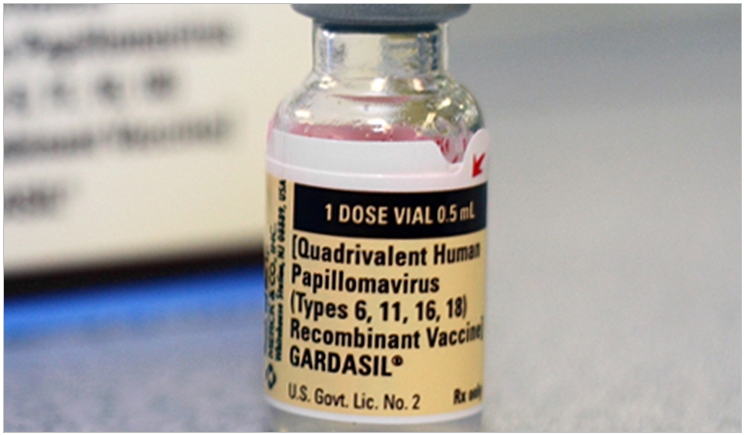
The American Cancer Society (ACS) has updated its guidelines for human papilloma virus (HPV) vaccination to include males, lining up with current federal recommendations. HPV is playing a growing role in causing oral cancer, and dentists can play an equally growing role in improving vaccination rates to combat it.
Ideally, girls and boys alike should begin getting the series of 3 shots within a 6-month span at the age of 11 or 12 years. The vaccine is most effective when it’s administered before exposure, which occurs during sexual activity. Those who get the vaccine between the ages of 13 and 26 years still benefit from receiving it, and then its effectiveness diminishes after the age of 26 years.
We spoke with Debbie Saslow, PhD, director of cancer control intervention for HPV vaccination and women’s cancers at the ACS, about HPV, its vaccine, how the virus has affected oral cancer, and how dentists can join in the fight against it.
Q: The Centers for Disease Control and Prevention reports that HPV-caused cancer rates are increasing. How has HPV specifically affected oral cancer rates?
A: There were nearly 16,000 oropharyngeal cancers diagnosed in men and women each year in the reporting period of 2008 to 2012. Of these, about 11,000 were caused by HPV: 9,000 in men and 2,000 in women. Some types of oral cancers are most likely to be caused by HPV. These include oropharyngeal cancers of the base of the tongue, tonsils, and throat, and these are increasing. Other types of oral cancers are most likely caused by other risk factors, particularly smoking and alcohol, and these have been declining.
Q: What are the chief risk factors for HPV-caused oral cancer?
HPV is the risk factor, and almost everyone gets HPV infections at some point(s) during their lifetime. HPV is transmitted by sexual contact. We don’t know much about the details for risk of oropharyngeal cancer as we do for cervical cancer, which is also mostly caused by HPV. There is a correlation between the number of lifetime sex partners and risk of HPV oropharyngeal cancers. However, many if not most people who get HPV cancers have only had one partner.
Q: How effective will immunization be against oral cancer in particular?
Because there is a long gap between HPV infection and cancer (about 20 years) and no precancerous changes, as is the case for genital cancers (eg, by the PAP test), we don’t have data on vaccine effectiveness against oral cancer. However, vaccination is extremely effective at preventing the types of HPV that cause oropharyngeal cancers. It is expected that vaccination will prevent more than 90% of oropharyngeal cancers caused by HPV (more than 10,000 cancers per year).
Q: What can dentists do to improve immunization rates among their adult and their pediatric patients?
A: Immunization is most effective in preteens and teens, though it is approved and recommended for patients through age 26. Dentists may want to educate the parents of their pediatric patients (starting around age 9 or 10 years) that HPV-caused oral cancers and vaccination will likely prevent the vast majority of these cancers, and it is recommended for boys and girls at age 11 to 12 years.
Q: How should dentists address parents who have concerns about the safety of the vaccine or the appropriateness of immunizing kids against a sexually transmitted disease?
A: Dentists can assure parents that the vaccine is very safe and that their healthcare provider can address any concerns or questions that they have. HPV vaccination prevents cancer. Hopefully all parents would agree that it’s appropriate to protect their child against 6 types of cancer with a simple shot.
Related Articles
HPV-Associated Oral Cancers Are on the Rise
HPV Rates Decline Among Young Women
HPV-16 Drastically Increases Oral Cancer Risk











